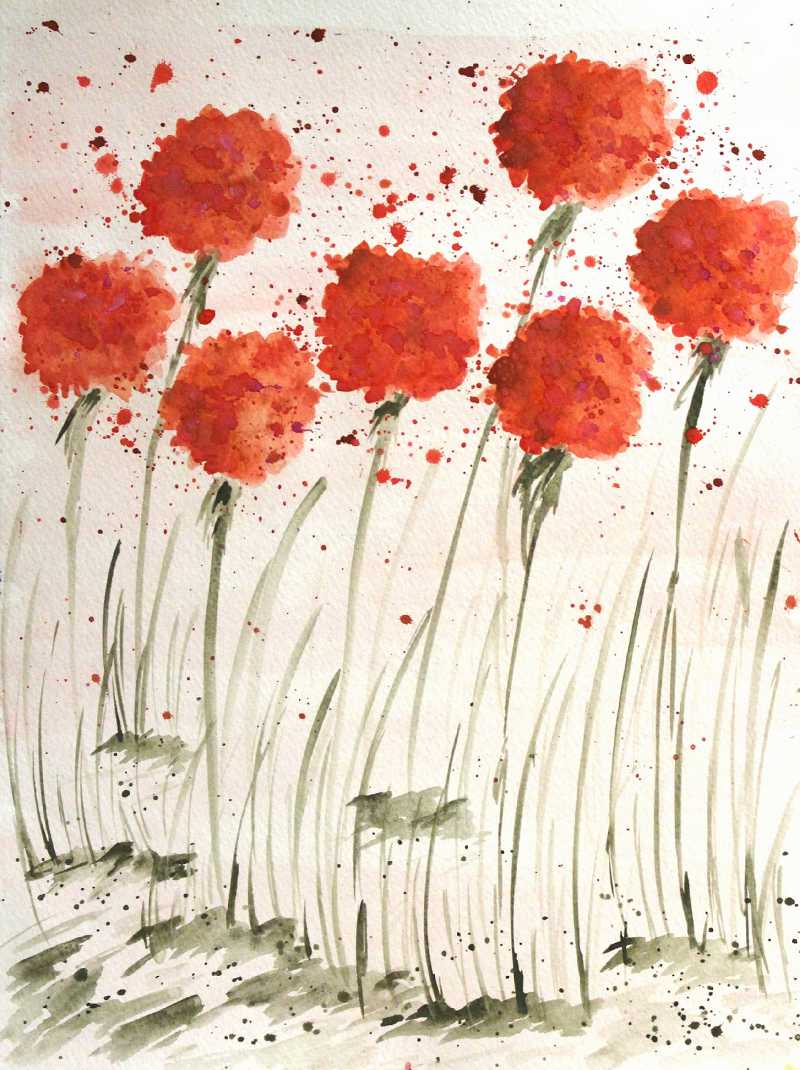FWP:
SETS == MULTIVALENT WORDS ( havā )
MIRROR verses: {1,7x}; {6,8x}; {6,13x}; {8,3}; {9,8x}; {10,5}, with a list of 'mirror-chamber' verses; {12,4x}; {15,17x}; {16,2}**, a glass mirror, and general discussion; {16,6x}; {16,7x}, glass and metal mirrors clash; {17,4}; {22,3}, 'mirror-forehead'; {23,4x}; {24,10x}, as lustful; {29,2}, with a list of 'parrot and mirror' verses; {29,7x}; {29,8x}; {34,2}**, with Ghalib's commentary; {37,5x}; {40,1}; {41,4}, door of the 'six directions'; {41,9x}; {42,5}; {42,7x}; {42,9x}; {47,1}, on zangār ; {48,10}; {53,12x}; {56,2}; {56,7x}; {60,10}; {63,1}; {64,2}; {68,3}; {68,6x}; {73,1}; {82,2x}; {88,7x}; {93,2x}; {93,3x}; {96,4}; {98,9}; {103,2x}; {104,3x}; {109,3x}*; {113,6}; {113,10x}; {115,4}; {116,8}; {122,2}; {125,5}; {128}, refrain; {128,1}*, discussion of the 'heart as mirror'; {129,3x}; {141,3}; {145,13x}; {166,6x}; {170,5}; {171,4x}; {172,1}; {173,5}; {184,5x}; {187,1}; {190,4}; {190,9}; {192,3}, āb-gīnah ; {195,3x}; {206,2}; {208,6}, 'mirror-forehead'; {213,1}; {214,16x}; {217,3}; {217,7x}; {217,8x}; {217,10x}; {221,4x}*; {228,2}; {228,5}; {228,9}; {228,12x}; {229,1}; {230,2}; {230,4}; {230,8}, 'picture-showing' // {246x,6}, 'mirror-binding'; {254x,2}; {280x,3}; {286x}, āʾīne par ; {308x,6}, zang-e dil ; {320x,4}, zang ; {320x,6}; {321x,7}; {323x,9}*, fear of it; {347x,4}, source of existence; {348x,6}; {349x,2}, incapable; {349x,3}; {352x,4}, 'mirror-binding'; {374x,2}, 'mirror-binding'; {379x,1}; {389x,4}; {398x,3}; {399x,4}; {399x,7}; {424x,4}; {424x,6}; {434x,5}; {434x,6}. For the unpublished verses, this list is very far from complete.
ABOUT havā : The duality of havā
, as both (possibly sexual) desire and air/breeze (see the definition above), is the life of the verse. For similar uses
of this versatile word, as part of the meaning of the verse or by way of wordplay,
see: {11,5x}; {16,3};
{48,8}, implicit?; {48, 10}; {49,2};
{49,4}*; {68,4}*; {73,5x}, also 'flight';
{79,4x}*; {80,2}; {80,6};
{86,7}; {108,1};
{108,2}; {114,2};
{158,4}; {164,6};
{181,6}; {204,4};
{209,10}; {218,3}*;
{227,3}. Sometimes there's even a (real or deceptively contrived) possibility of also reading the word as huʾā , 'happened, occurred' (as in {48,5}, and {68,4}), but that is rare.
If it is the beloved who desires to stroll among the roses, it is because either (1) the wind-tossed roses remind her of her wounded, bloody, writhing lovers; or (2) her wounded, bloody, writhing lovers remind her of wind-tossed roses (so that her 'stroll' is perhaps metaphorical only, and thus her desire for it quite properly a 'mirror' of her cruelty). For another verse that compares her wounded lovers to roses, see {136,4}. (The word bismil officially means 'slaughtered', but in the ghazal world it often means merely 'wounded', as in the present verse.)
Or else it's the breeze of the beloved's stroll through the garden that mirrors the murderousness of her heart, because the breeze generated by her passing tosses the roses and knocks the petals off the overblown ones, giving her pleasure.
This verse marks the first occurrence in the published divan
of the mirror, which seems to be Ghalib's favorite image. Some of Ghalib's 'mirror'
verses are among his most obscure, baroque, abstract ones. The present verse
is relatively simple, as 'mirror' verses go. (Sometimes a mirror is just a
mirror.)

Nazm:
That is, her desire to stroll among the roses is a mirror of her cruelty, and the proof of her pursuit of violence is that the roses have the style of the bloody writhing of the wounded. (9)
== Nazm page 9